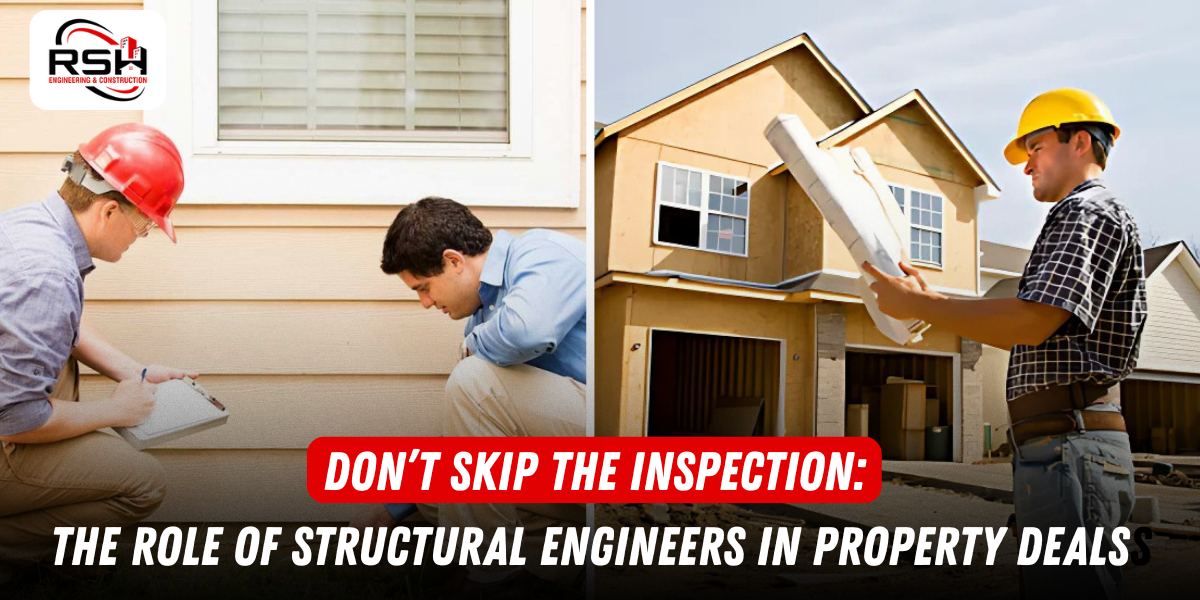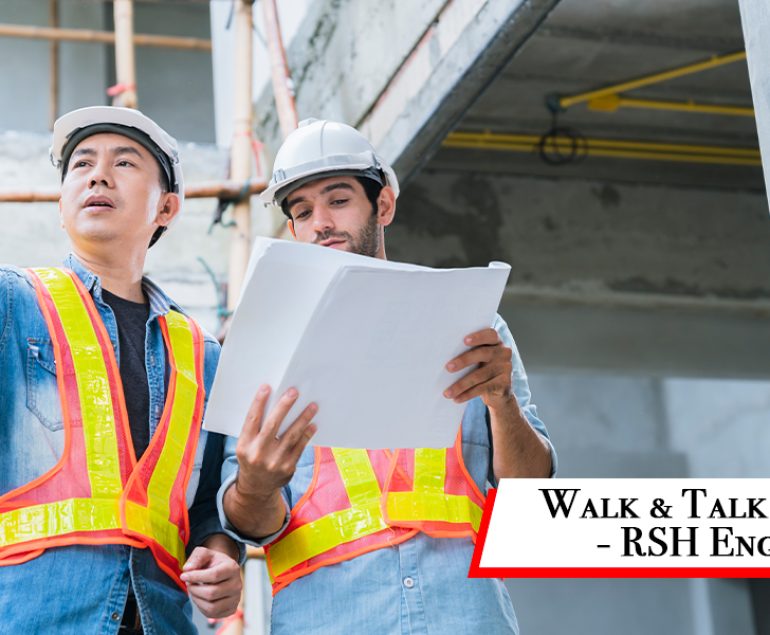In real estate, looks can be deceiving. Beneath fresh paint and polished floors, major structural flaws may be hiding. That’s where structural engineers in property deals come in—providing expertise that protects both your wallet and your relaxation.
Why Are Structural Engineers Non-Negotiable in Property Deals?
Buying or selling property? You need more than a real estate agent. Structural engineers in property deals play a vital role by identifying core safety issues early on. While a general home inspector may flag surface-level problems, structural engineer inspection goes deeper, evaluating the building’s bones, from load-bearing walls to foundational integrity.
Property Inspection Services Aren’t Just a Formality
Many think property inspection services are just a box to tick off, but they are your frontline defense against risky investments. Imagine buying a house with hidden cracks in the foundation only to find it after closing the deal. That’s a nightmare easily avoided with a structural engineer home inspection.
From Cracks to Shifts—What Structural Inspections Actually Catch
A standard structural inspection identifies more than just visible damage. These experts easily catch signs of foundation damage, irregular framing, wall deflection, and even moisture intrusion that weakens structural stability. It’s a detailed and methodical approach that goes far beyond a quick visual scan.
Why Foundation Inspection Matters Most?
The foundation inspection is one of the most important parts of the entire evaluation. Structural engineers look for inclines, cracks, uneven slabs, and soil movement. Even a minor falsehood here can lead to long-term issues, from dangling floors to tumbling walls. When you are in the middle of a structural engineer home inspection, the foundation check is where their training truly shines.
Local Home Inspectors vs. Certified Structural Engineers
Sure, local home inspectors can provide an overview, but they often lack specialized training. A certified engineering inspection digs deeper using calibrated tools, load calculations, and soil analysis to offer conclusions you can trust. The two work well together, but when it comes to structural concerns, always consult a certified professional.
Subsurface Utility Engineering and Hidden Threats
Problems below the floor often go unseen until it’s too late. Subsurface utility engineering assesses the location and condition of buried utilities, pipes, and sewer lines that may affect a property’s strength. Engineers trained in this area detect unseen issues that affect both safety and cost.
The Cost of Skipping Structural Checks
Skipping a structural engineer inspection might save a few dollars today but it often leads to huge expenses tomorrow. Sagging roofs, shifting walls, and foundational failure don’t appear overnight. When not caught early, repair costs can skyrocket.
Why Do Sellers Need It Too?
Not just buyers & sellers also benefit. Conducting a structural engineer home inspection before listing your property can increase credibility, speed up transactions, and justify pricing. Buyers trust homes backed by solid engineering assessments.
Real Estate Professionals Trust Structural Engineers
Agents and brokers often recommend structural engineers in property deals for good reason. It adds transparency, avoids litigation, and helps transactions flow smoothly. Engineers provide factual, unbiased data that both parties can rely on.
When to Schedule the Inspection?
The best time to get a structural engineer inspection is during the early stages of negotiation. This allows room to negotiate price or request repairs before closing is accepted, timing can impact your leverage.
How to Choose the Right Engineer?
Not all engineers are created equal. Look for licensure, experience with property inspection services, and specialization in foundation inspection. Ask for sample reports. Good engineers explain findings in simple terms while backing them with data.
From uncovering signs of foundation damage to evaluating underground hazards through subsurface utility engineering, a skilled structural engineer is your property’s silent protector.
Conclusion
At the end of the day, hiring structural engineers in property deals isn’t an extra step, it’s a smart one. If you are planning to buy, sell, or inspect a home, trust the pros who can see what others can’t. Let RSH Engineering & Construction make your property decisions safe, clear, and rock solid.
Frequently Asked Questions on Structural Engineers in Property Deals
Q1: What’s the difference between a home inspector and a structural engineer?
A1: A home inspector checks for general safety and surface issues, while a structural engineer inspects the actual strength and integrity of the building.
Q2: How can I tell if my property needs a structural inspection?
A2: If you notice cracks in walls, uneven floors, or doors that don’t close properly, it’s time to call for a structural engineer inspection.
Q3: Is it worth doing a structural inspection on a new home?
A3: Yes, even new builds can have hidden construction errors or soil issues. A structural inspection makes sure your investment is secure from day one.





